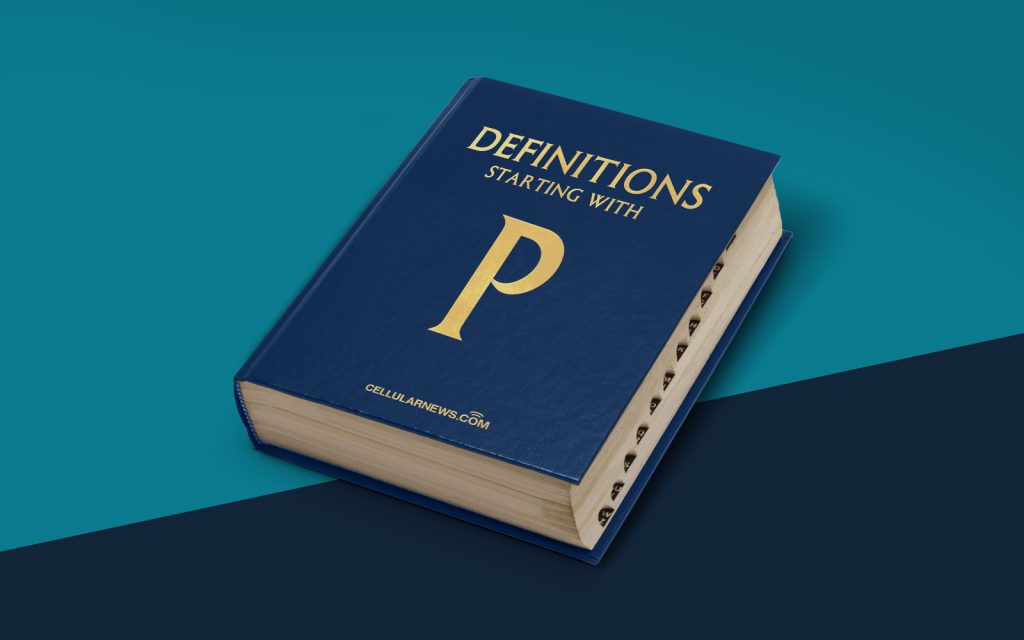
Welcome to the DEFINITIONS Category: Pretty Good Privacy (PGP)
Here on our website, we have a special category called DEFINITIONS where we dive deep into various terms and concepts that are related to the tech world. In this blog post, we will shed light on Pretty Good Privacy (PGP), a widely used encryption method that ensures secure communication. So, let’s get started and demystify the world of PGP!
Key Takeaways:
- PGP stands for Pretty Good Privacy and is a popular encryption program.
- It provides a way to securely send and receive electronic messages, ensuring privacy and data integrity.
What is Pretty Good Privacy (PGP)?
Pretty Good Privacy (PGP) is an encryption method that was created by Phil Zimmermann in the early 1990s. It was designed with the goal of providing strong encryption and privacy for electronic communications. PGP uses a combination of symmetric-key and public-key cryptography to ensure secure data transfer.
How Does PGP Work?
At its core, PGP uses a public-key encryption system. This means that each user generates a pair of encryption keys: a public key and a private key. The public key is shared with others, allowing them to send encrypted messages to that user. The private key, on the other hand, is kept secret and is used by the recipient to decrypt the encrypted messages.
When someone wants to send a message to a PGP user, they use the recipient’s public key to encrypt the message. Once encrypted, only the recipient’s private key can unlock and read the message. This process ensures that even if the encrypted message is intercepted during transmission, it remains secure and cannot be deciphered without the private key.
PGP also uses digital signatures to verify the authenticity of messages. The sender can apply their private key to a message, creating a unique digital signature. The recipient can then use the sender’s public key to verify the signature and ensure the message has not been tampered with during transmission.
Why is PGP Important?
PGP plays a crucial role in ensuring secure communications in an age where data breaches and unauthorized access to personal information are prevalent. By employing robust encryption algorithms, PGP helps protect sensitive data and maintain privacy. It has become a standard for secure email communication and file sharing among individuals, businesses, and organizations.
Key Takeaways:
- PGP is an encryption method that uses public-key cryptography to ensure secure communication.
- It generates a pair of encryption keys: a public key and a private key.
In conclusion, Pretty Good Privacy (PGP) is an essential encryption method that enables secure communication and data protection. Its effective use of public-key cryptography and digital signatures ensures that messages remain confidential and unaltered during transmission. By understanding the significance of PGP, you can take steps to safeguard your confidential information in an ever-evolving digital world.
